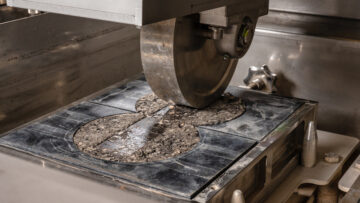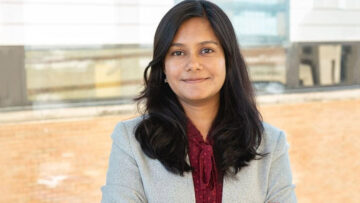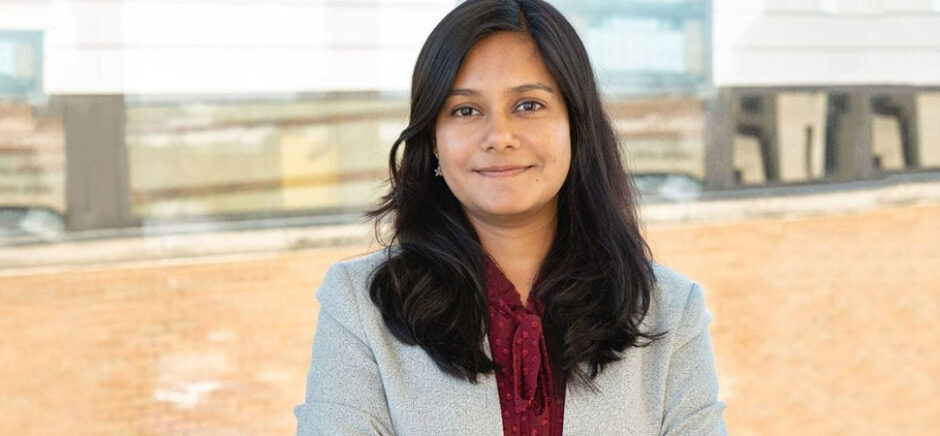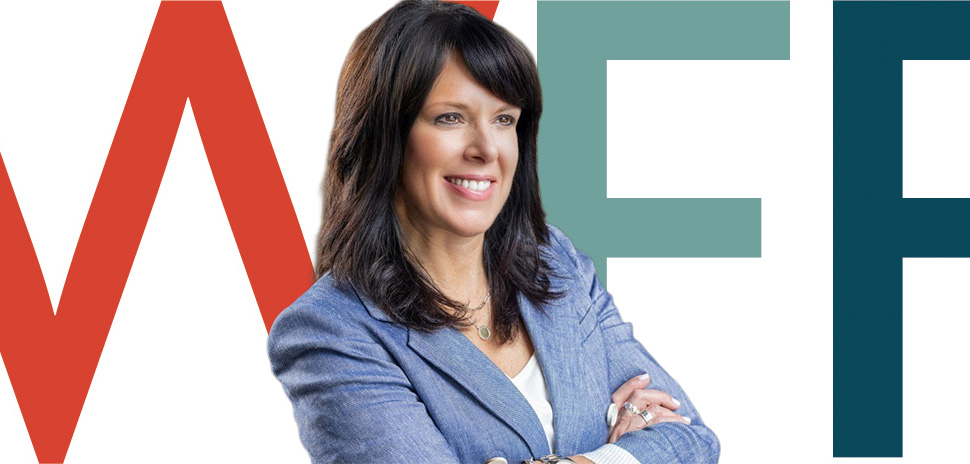Warda Ashraf
The Last Word: UTA’s Warda Ashraf on Developing Eco‑Friendly Concrete Based on an Ancient Roman Recipe
by David Seeley | Oct 23, 2024
Ashraf was quoted in a recent New York Times article, "Reinventing Concrete, the Ancient Roman Way," about using 2,000-year-old Roman secrets to create concrete for underwater use in bridges, breakwaters, and artificial reefs. But unlike the volcanic ash used by Roman engineers as a key concrete ingredient, Ashraf and her team are using clay mixed with the mineral kaolinite. The recipe required heating to about 1,300 degrees Fahrenheit—only half the temperature needed to produce modern Portland cement.
MORE►

by Lance Murray |
Oct 26, 2023
A civil engineering researcher at UT Arlington and her team are hoping to restore damaged or dying coral reefs—inspired by the remarkable durability of ancient Roman construction materials in seawater.
MORE►

by David Seeley |
Feb 8, 2023
"One word: plastics." That's the famous career advice from the movie The Graduate. A professor at UT Arlington must have gotten the same message, because 56 years later he's making history by using plastics to repair and stabilize roadways in the DFW area.
Dr. Sahadat Hossain—a UTA civil engineering professor and director of the school's Solid Waste Institute for Sustainability—got a grant of around $950,000 from the Dallas district of the Texas Department of Transportation to achieve the first use of “plastic road” material in Texas. The project will begin with work on roads near Kaufman, southeast of Dallas.
MORE►

by Kevin Cummings |
Oct 6, 2022
UT Arlington civil engineering researcher Warda Ashraf is looking to the past to create a concrete-like material for the future—one that could reduce the carbon emissions created by today's construction industry. The ancient Romans used volcanic ash to make structures that still stand today. With $747,000 in DARPA funding, Ashraf's team found a workable substitute—super-heated clay hydrated with lime and seawater—and is preparing to test it in the Corpus Christi Bay area.
“We have the recipe. We tested that in the laboratory," Ashraf told Dallas Innovates. "Now, let's put it in the field and see what happens.”
MORE►





















